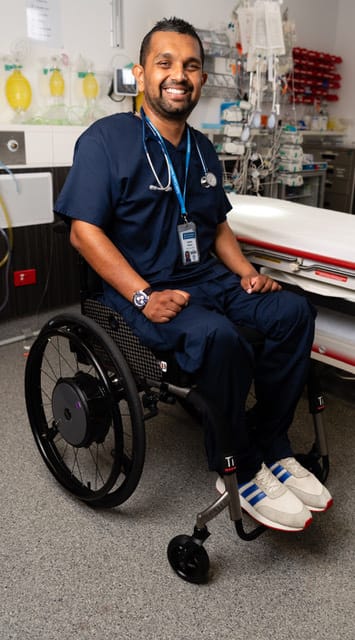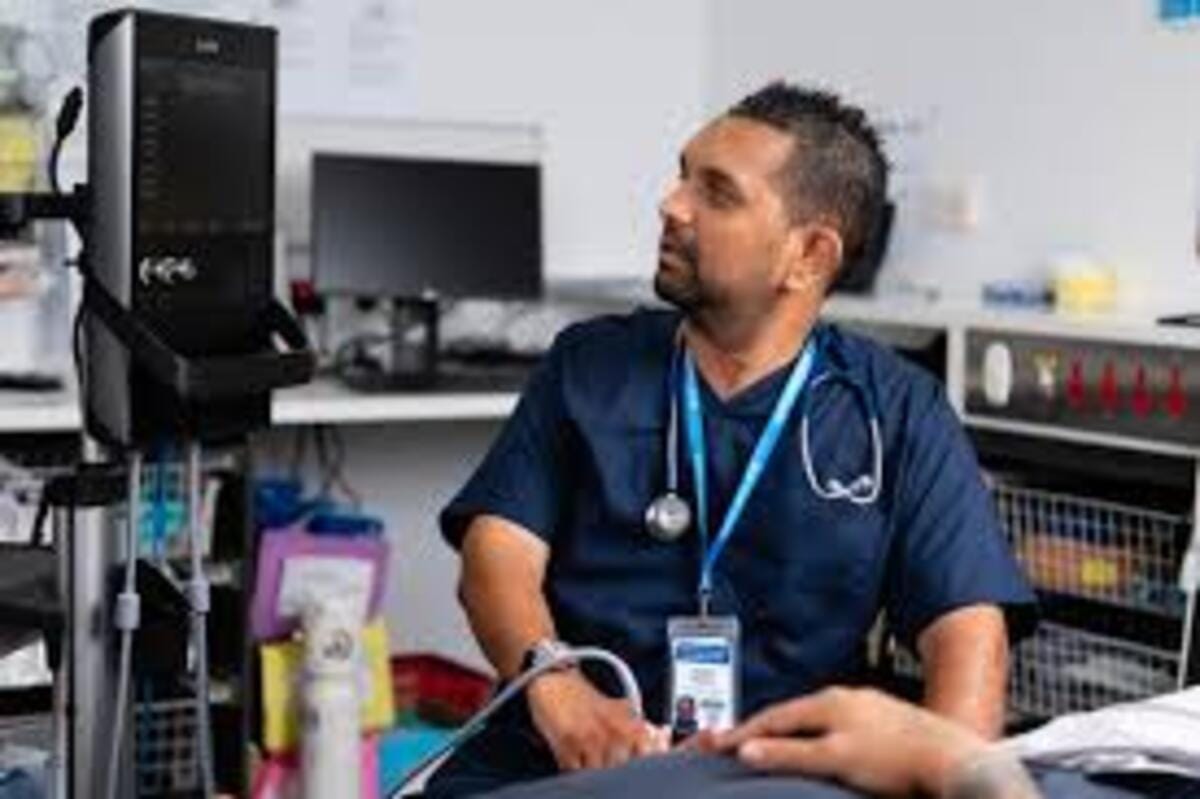
Dr Dinesh Palipana, OAM (photo courtesy Mumbrella)
Data can’t heal us - but it can change the way we work
Workplace injuries and mental health issues are on the rise. The challenge is to prevent them happening. That’s where these new ways of using data can help.
When we talk about innovation in the workplace, we often focus on speed, automation, or efficiency. But there’s another side to innovation—one that’s less flashy, but more urgent. It’s about how we care for people.
Psychological injury claims have increased by over 30% in recent years. These injuries cost more, last longer, and impact not just the person and their family but entire teams, organisations, and the community.
That’s where data comes in.
Arriba group have now launched a new digital division, OneRedDoor, focused on using data, AI and predictive tools to improve workplace health outcomes. One of those tools, PeopleCompass, specifically helps organisations meet new psychosocial risk obligations by identifying mental health risks before they turn into costly claims.
There’s also MyDirection, which flags people at risk of long-term disengagement after injury or illness—helping employers act early to support recovery and return to work.
We have more tools than ever to understand patterns in workplace behaviour, track psychosocial risk, and spot early signs of burnout, disengagement or distress. But data is only powerful if we use it with purpose—to design better systems, ask better questions, and ultimately, care better.
_______________________________________________________________________________________________
I’ve seen how fragile the connection to work can be—especially after injury or illness. After a spinal cord injury, I spent a long time trying to re-enter a system that didn’t know what to do. And, I’ve spoken to many others who felt invisible at the exact moment they needed support most.
Technology can help change that—not by replacing people, but by making it easier to notice when something’s not right. By flagging risks early. By making the invisible visible.
As an ambassador for Arriba Group, it’s encouraging to see this thinking is becoming practice in the group.
This kind of innovation isn’t just about compliance. It’s about transforming how we think about responsibility. Too often, we wait for a problem to surface before we respond. But what if we could build systems that notice sooner, that care earlier, and that include more people from the start?
The future of workforce health is moving towards that vision—where data and innovation drive not just productivity, but humanity. Where technology helps build inclusive, resilient workplaces by giving us the tools to prevent harm, not just respond to it.
The cardiologist – innovator Prof Eric Topol said, “The greatest opportunity offered by AI is not reducing errors or workloads, or even curing cancer: it is the opportunity to restore the precious and time-honoured connection and trust” between patients and doctors. Really, this is what technology is all about – not dehumanising, but rehumanising,
That’s the kind of future I hope to see. Not one powered just by code or platforms—but by care, made smarter, for the people.
—
Dr Dinesh Palipana OAM is a doctor, lawyer, disability advocate and Queensland’s Australian of the Year (2021).
